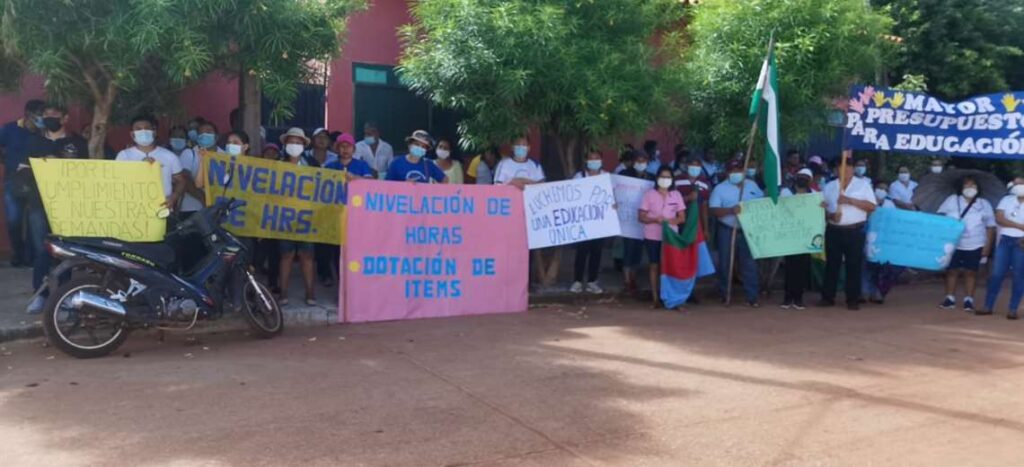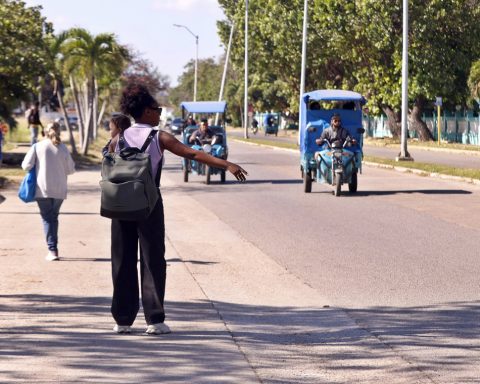The Chamber of Deputies approved this Tuesday (8) seven projects related to the feminine theme. In order to comply with this agenda, which was related to the International Women’s Day celebrated today, some of the projects had to have urgent requirements approved in order to be put to a vote.
One of the approved projects seeks to ensure humanitarian assistance for the pregnant woman who is in prison and her newborn during childbirth. The text amends the Penal Execution Law to determine that humanitarian treatment, free from embarrassment and violence, will be ensured to women trapped in labor, and it is up to the public authorities to promote comprehensive care for their health, as well as that of the unborn child. As the bill has been amended, it returns to the Senate for consideration.
A project was also approved that conditions access to federal resources related to public security and human rights to the elaboration, by states and municipalities, of a plan of goals to combat domestic and family violence against women. The proposal goes to the Senate.
The plenary of the Chamber approved a bill that revokes from the Penal Code the exemption from punishment for crimes against property committed against the spouse or first-degree relatives. The bill goes to the Senate.
Deputies also approved Senate amendments to the bill that allocates funds from the National Public Security Fund (FNSP) to actions to combat violence against women. The text follows the presidential sanction and determines that at least 5% of the fund’s resources are destined to combat violence against women.
Still in the area of resources, the Chamber approved a complementary bill that changes the Fiscal Responsibility Law to guarantee the transfer of resources destined to actions to combat violence against women, even when there are restrictions provided for in this law. Text goes to the Senate.
The House also passed a bill that prohibits the funding of sporting events with public funds if the awards are different for men and women. The bill goes to the Senate for review.
Deputies also voted on a bill that lowers the minimum age at which voluntary sterilization is allowed from 25 to 21, while also allowing women to sterilize immediately after childbirth. The text will be sent to the Senate.
* With information from the Chamber Agency
















